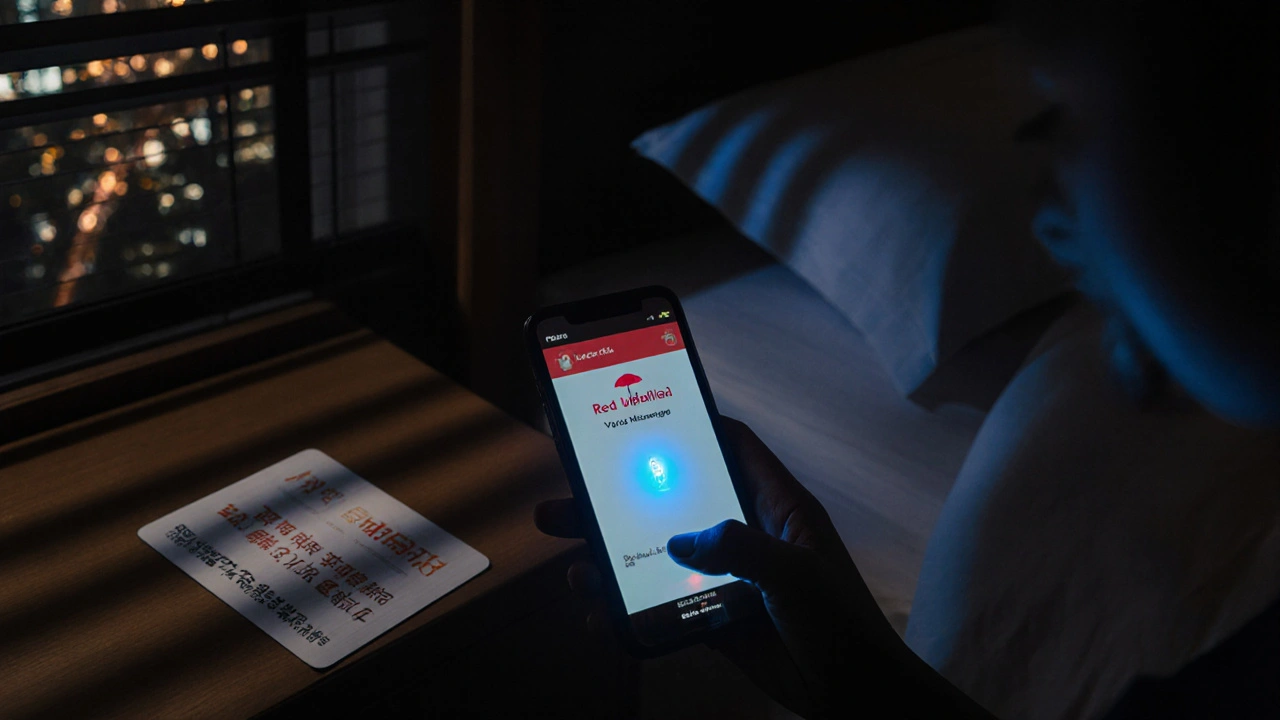Language Access: Breaking Barriers in Escort and Travel Services
When you need help—whether it’s getting to a doctor’s appointment, navigating a foreign airport, or staying safe while working—language access, the ability to understand and be understood regardless of the language you speak. Also known as communication equity, it’s not a luxury—it’s a lifeline. Too many people get turned away, misunderstood, or left behind because no one speaks their language. This is especially true in high-stakes situations like medical transport, international travel, or sex work, where a single miscommunication can mean missed care, legal trouble, or physical danger.
Medical escort services, specialized transport for patients with chronic illness or mobility needs don’t just drive people to appointments—they bridge gaps in understanding. A parent struggling to explain their child’s symptoms to a doctor in a foreign language? A medical escort who speaks their language can translate, advocate, and make sure nothing gets lost in translation. Same goes for tour escort services, professionals who guide groups through unfamiliar countries and cultures. Visa rules, hotel check-ins, customs forms—none of it matters if you can’t read the signs or ask the right questions. These services don’t just handle logistics; they handle human connection.
And then there’s sex worker safety, the systems and practices that protect those in the sex industry from violence and exploitation. Language access here isn’t optional—it’s survival. A sex worker who can’t explain their boundaries to a client, or report abuse to police because they don’t speak the local language, is at extreme risk. That’s why tools like safety apps, written consent forms in multiple languages, and interpreter networks are becoming critical. It’s not about being fluent in English or Arabic or Russian—it’s about having the right words when it matters most.
Language access isn’t just about translation apps or bilingual staff. It’s about design: clear signage, simple forms, trained mediators, and services built with real people in mind. It’s about recognizing that a person’s ability to speak the dominant language shouldn’t determine whether they get care, safety, or dignity. Below, you’ll find real stories and practical guides from people who’ve built these systems—from medical teams coordinating pediatric visits, to tour guides helping groups cross borders, to sex workers documenting incidents to protect themselves. These aren’t abstract ideas. They’re lived solutions. And they’re working.

- Oct, 29 2025
- 0 Comments
Language Access and Safety: Multilingual Resources for Sex Workers
Multilingual safety tools help sex workers communicate boundaries, call for help, and avoid violence. Learn about free apps, hotlines, and cards in 18+ languages that actually work on the ground.
read more